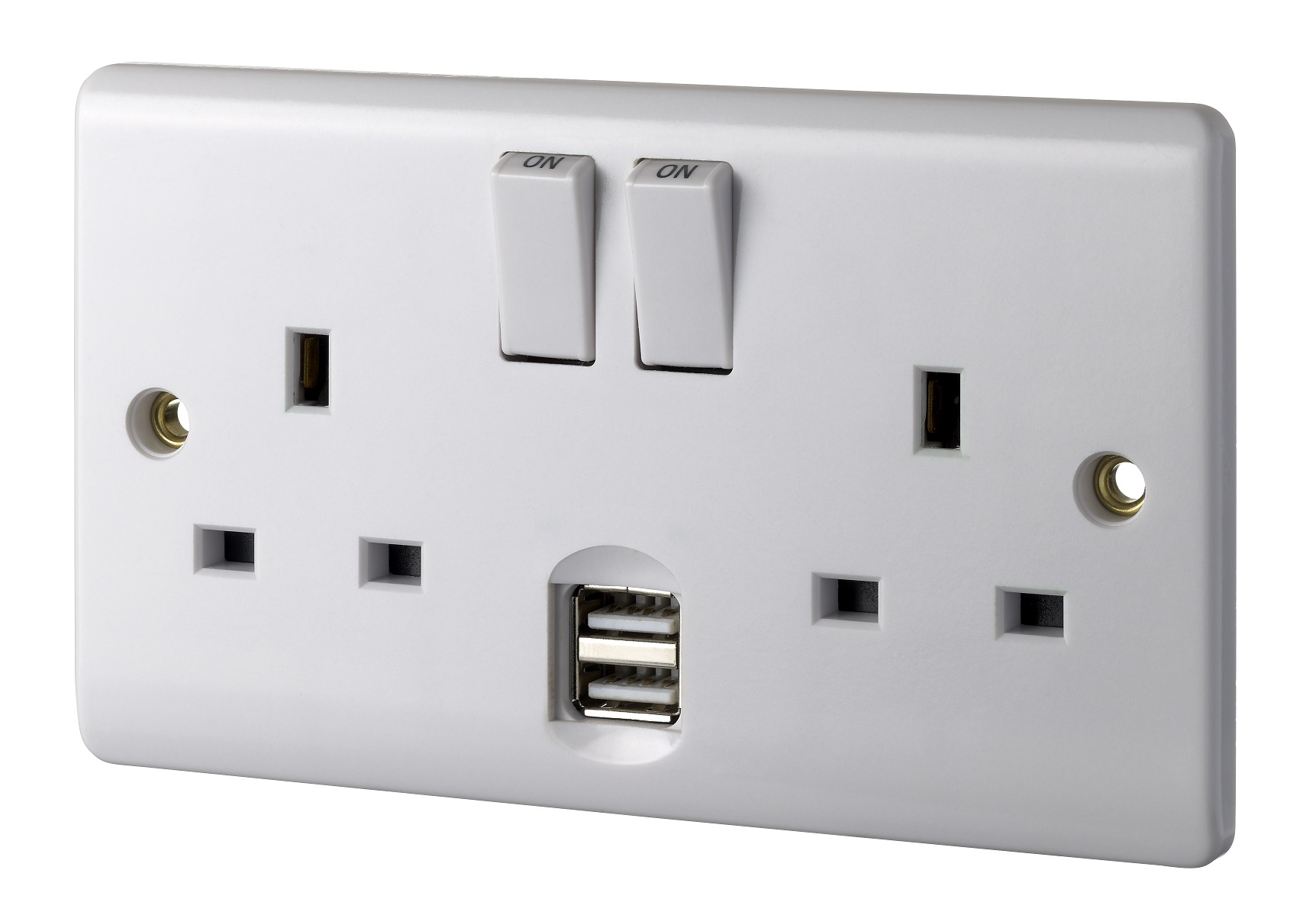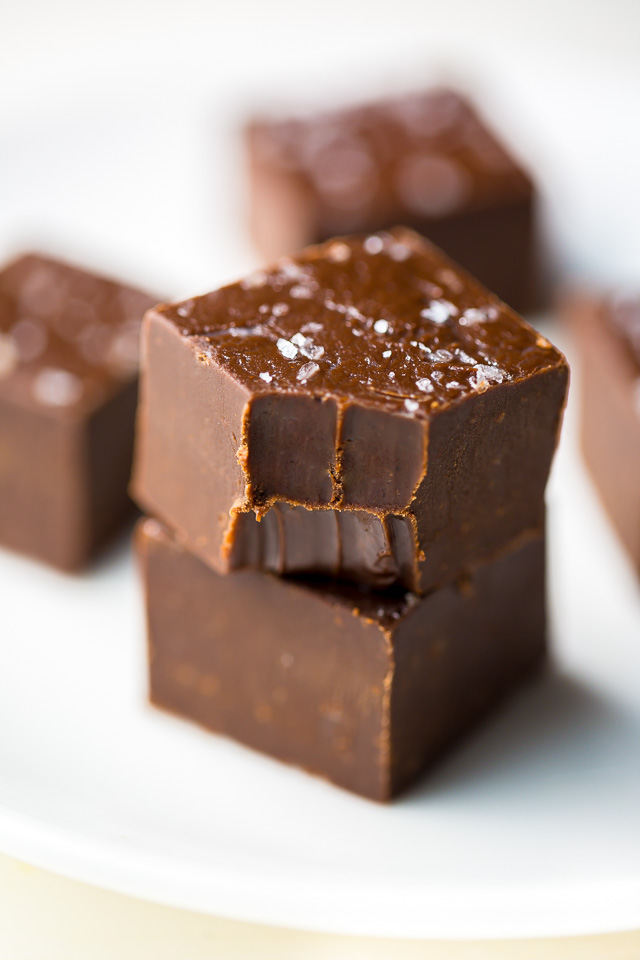This term has been quite hard in general because we had lots of things to do from different subjects.
In English classes I've learnt plenty of new expressions and vocabulary related to personality and advertising. Now I can distinguish between a toxic friend and a good friend, talk about cyberbullying or write a formal letter. Also Cristina and Michael taught us some idioms. Some of them are really curious and I find them very useful. Most of them where new for me!!! As we are only 7 students this year, everyone talks a lot and this way we improve our speaking, which I think is really important.
In ICT we learnt how to create a Sway presentation, how to edit images with GIMP and lots of key terms about this apps. It was really interesting!!
In PE Chuchi taught us how to play handball, badminton and basketball, and how to strecht correctly. Also we learnt some vocabulary about these sports and healthy food.
What I liked most is "Heal the world videoclip" because working with the kids in first of ESO was great and the final result is quite well.
In general I'm quite happy with all the skills. My favourites are listening, grammar and translation but all of them are really useful!!!
I'm not confused about anything because I think I have studied enough for my English exams and I did my best but of course I can improve next term and I will try to do it.
Outside the class I'm always listening to music, watching videos on the internet or just browsing the web! I love English so I'm always practising it at home.
I should update my blog as soon as possible, but for me this is really difficult because I have to do a lot of things every week . Finally I managed to post everything so I'm quite proud of myself.
I learnt a lot about culture in English classes, like social media and apps created to fight against cyberbullying, the history of advertising, lots of idioms...


















